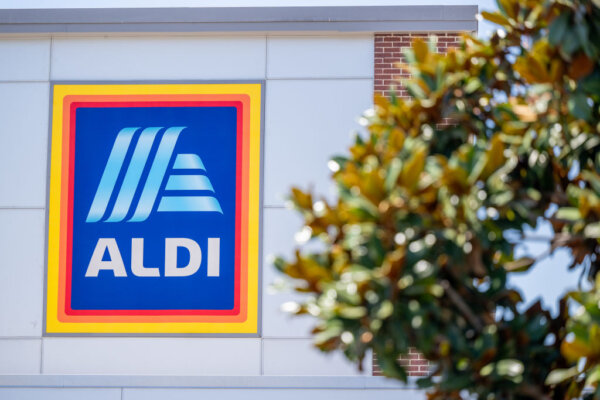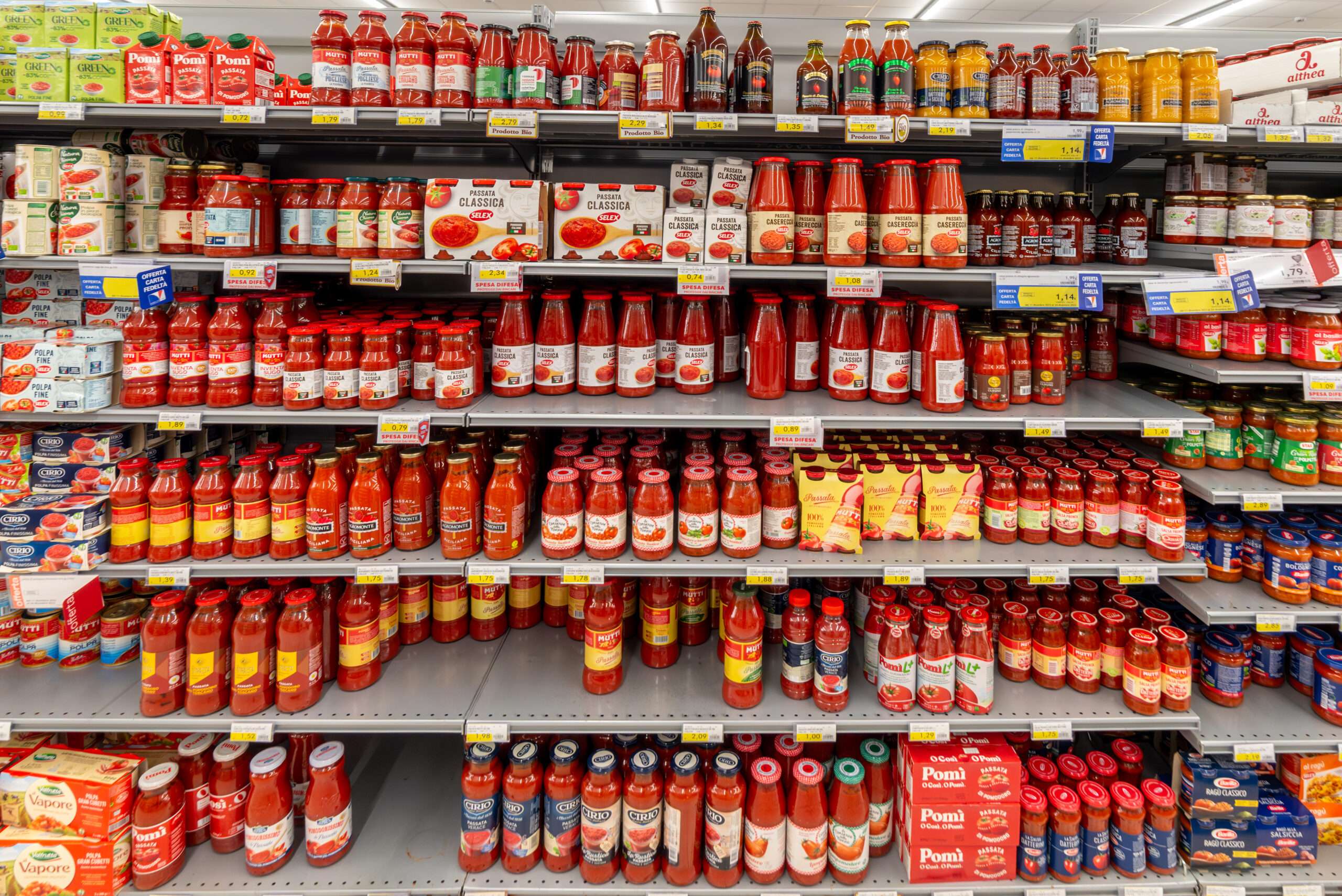The supermarket chain raises concerns over new competition laws in Australia.
German discount supermarket chain Aldi has opposed the inclusion of divestiture powers—which allow authorities to force companies to strip themselves of assets, such as stores and brands—into Australian competition laws.
This comes as the Greens party and the Coalition separately craft legislation allowing the consumer watchdog and the court to break up large companies if they gain too much market power.
While the Greens mainly target supermarkets with its legislation, the proposed bill could have a broader impact as it could be used against businesses in other sectors.
During a Senate hearing on April 11, Aldi Australia CEO Anna McGrath did not think the proposed divestiture legislation was an effective way to tackle the high market concentration in the sector.
“We’re not supportive of divestiture because of the risk of unintended consequences,” she said.
The CEO added that there could be a risk that the divestiture would increase the grocery prices for consumers.
According to Ms. McGrath, Aldi currently has 590 stores across Australia, accounting for 10.5 percent of the market.
Meanwhile, the market is dominated by Woolworths and Coles, whose total market share amounted to 65 percent.
Coles and Woolworths have borne criticism for alleged price gouging amid the country’s cost of living crisis, prompting policymakers to develop new proposed policies such as a mandatory code of conduct for the sector.
Aldi Managing Director Jordan Lack said the government needed to consolidate different codes in the sector and reduce the administrative burden for market participants.
“The things we’re looking for is regulation which does provide the safeguards for suppliers for consumers and retailers alike, and to do so in the most simple fashion possible which reduces the amount of red tape and reduces the costs which come with facilitating such code,” he said.
Zoning Hinders Supermarket Competition
Ms. McGrath said zoning was a major issue for Aldi as it prevented the company from expanding further in Australia.
The CEO explained that there are many regions where Aldi wants to establish new stores, but it has not proceeded due to a lack of development sites and supporting facilities.
This comes despite Aldi making significant investments to upgrade its supply chain and distribution network.
“There’s many places within Australia, including Tasmania, that we see a future opportunity, and … there’s still catchments within our major cities that we still haven’t been able to penetrate,” she said.
“There are still some catchments that we would love to be able to access, but we still find them very challenging because the zoning isn’t appropriate.”
At the same time, Ms. McGrath said Aldi had no current plan to enter the Tasmanian market due to the distance and the complexity of the supply chain.
“The way that we’re able to continue to invest in price is to keep our operating costs as low as possible and have the lowest operating costs in the sector, which we do,” she said.
“And that means that when we’re identifying where to expand, we do need to consider the additional costs and complexities involved, and therefore when it comes to Tasmania, that would be largely the supply chain elements.”





